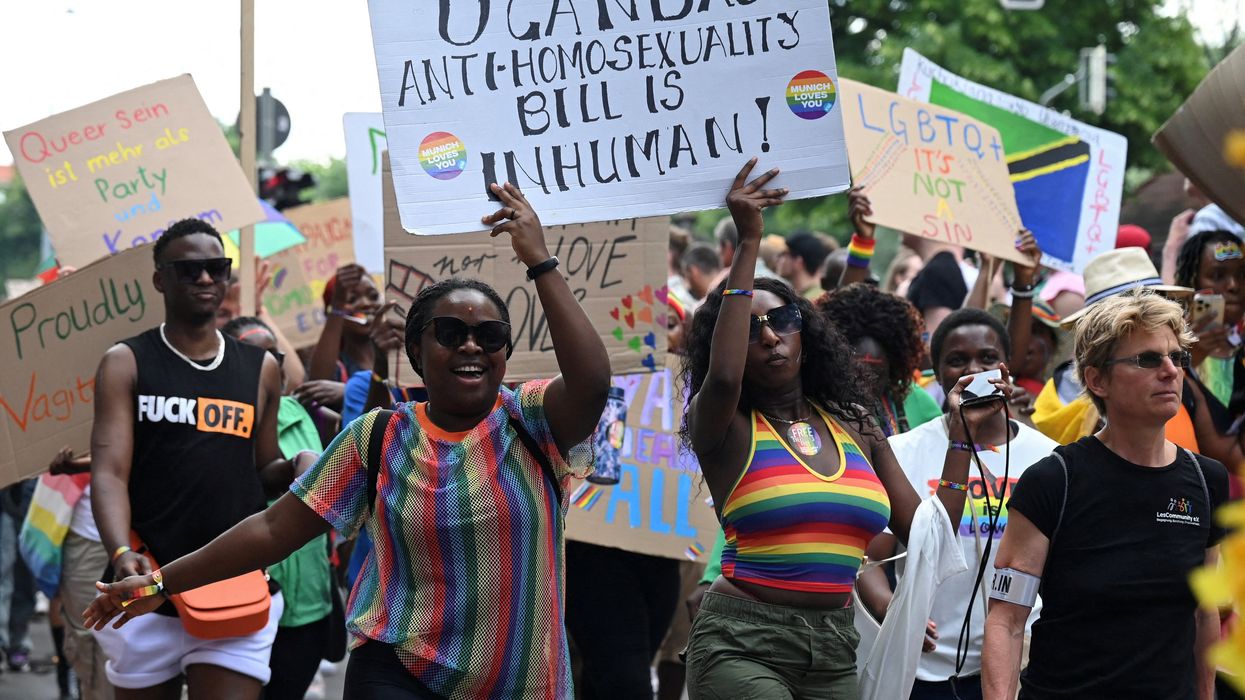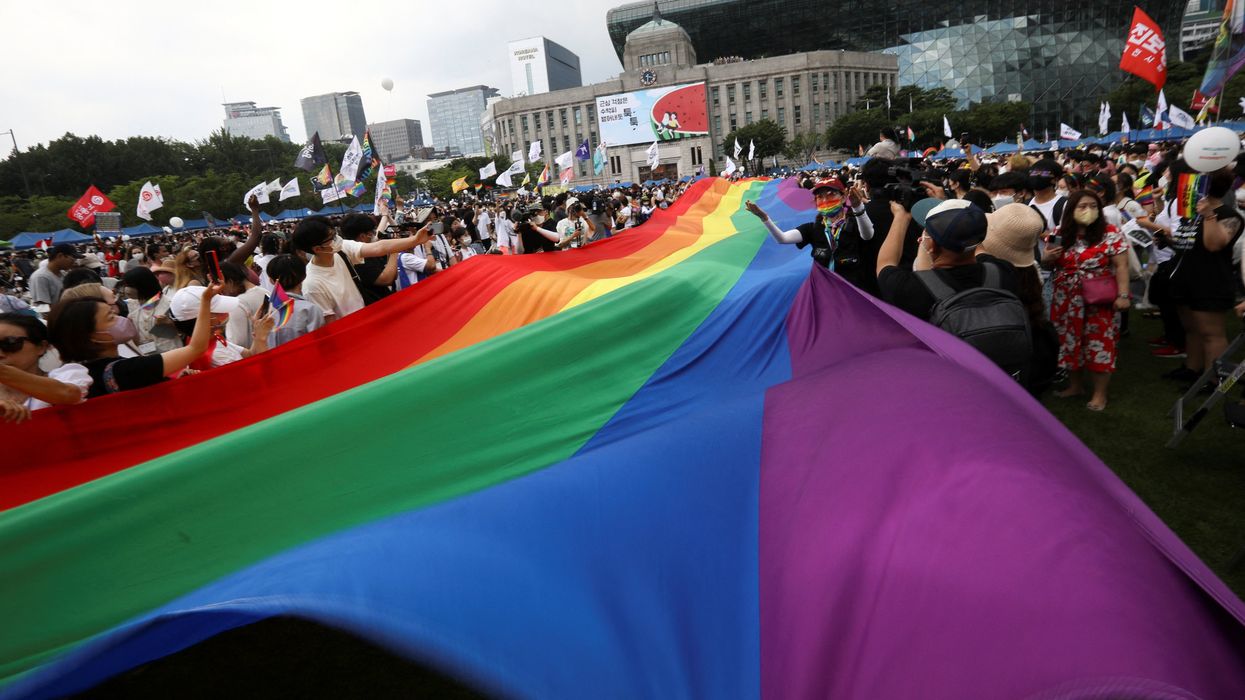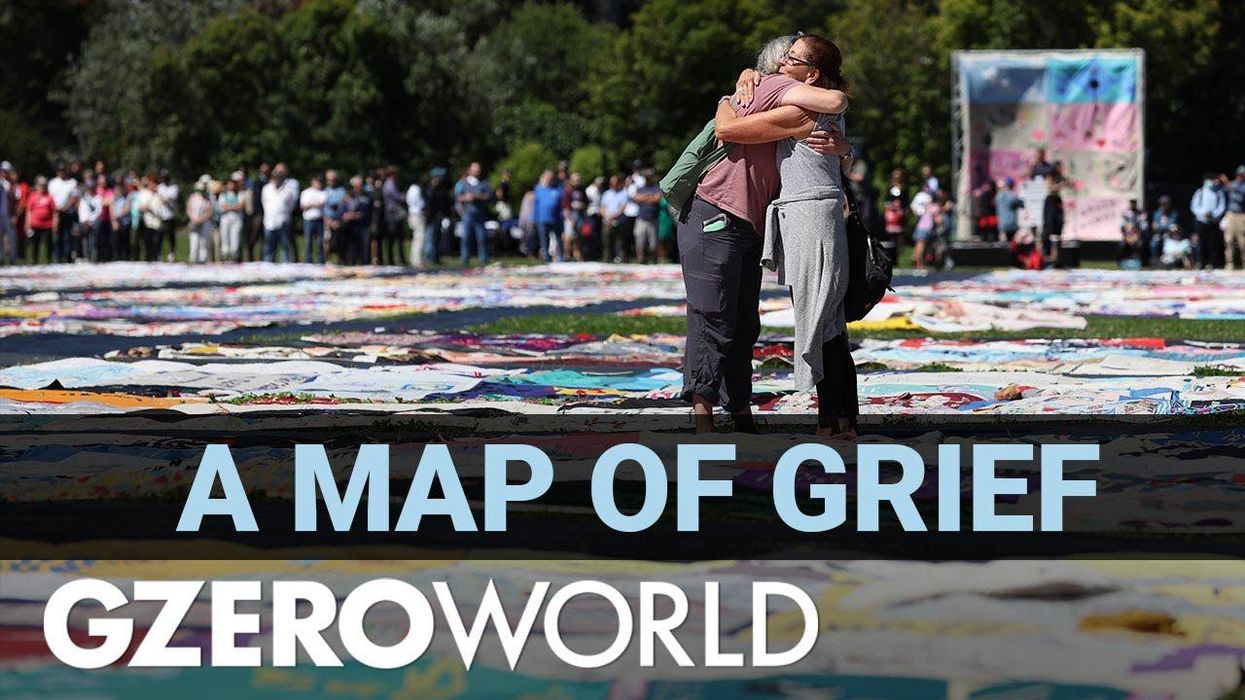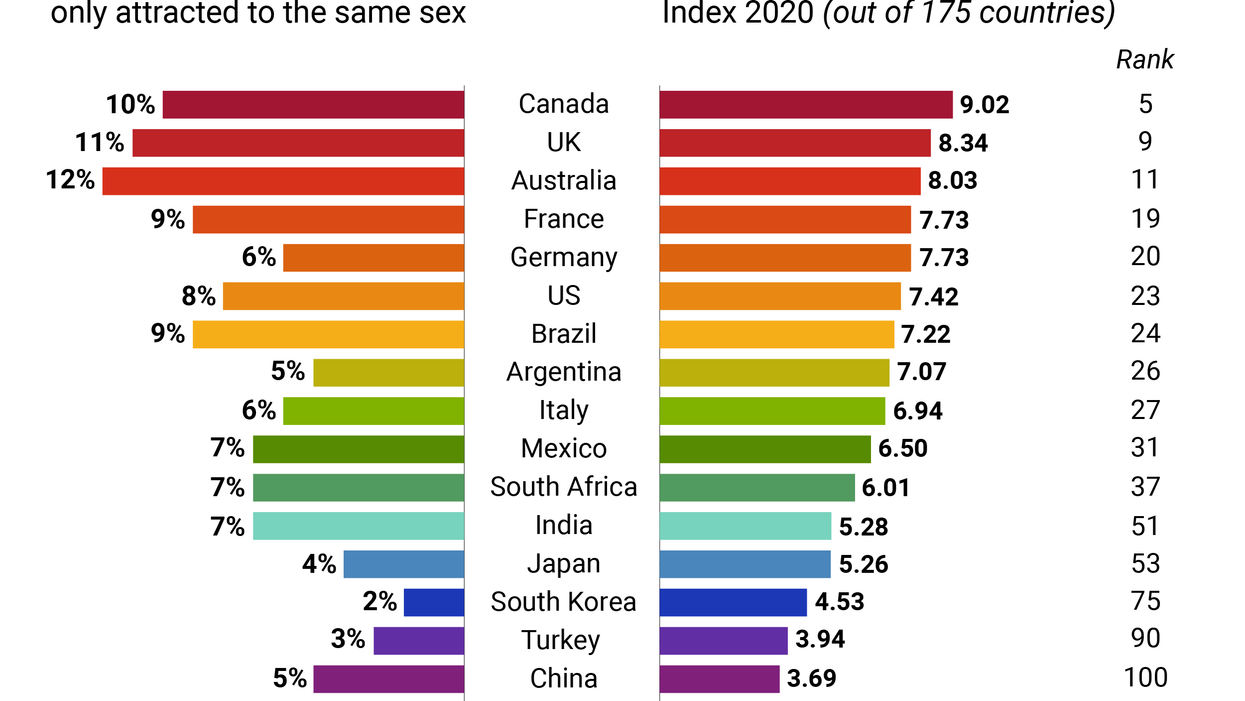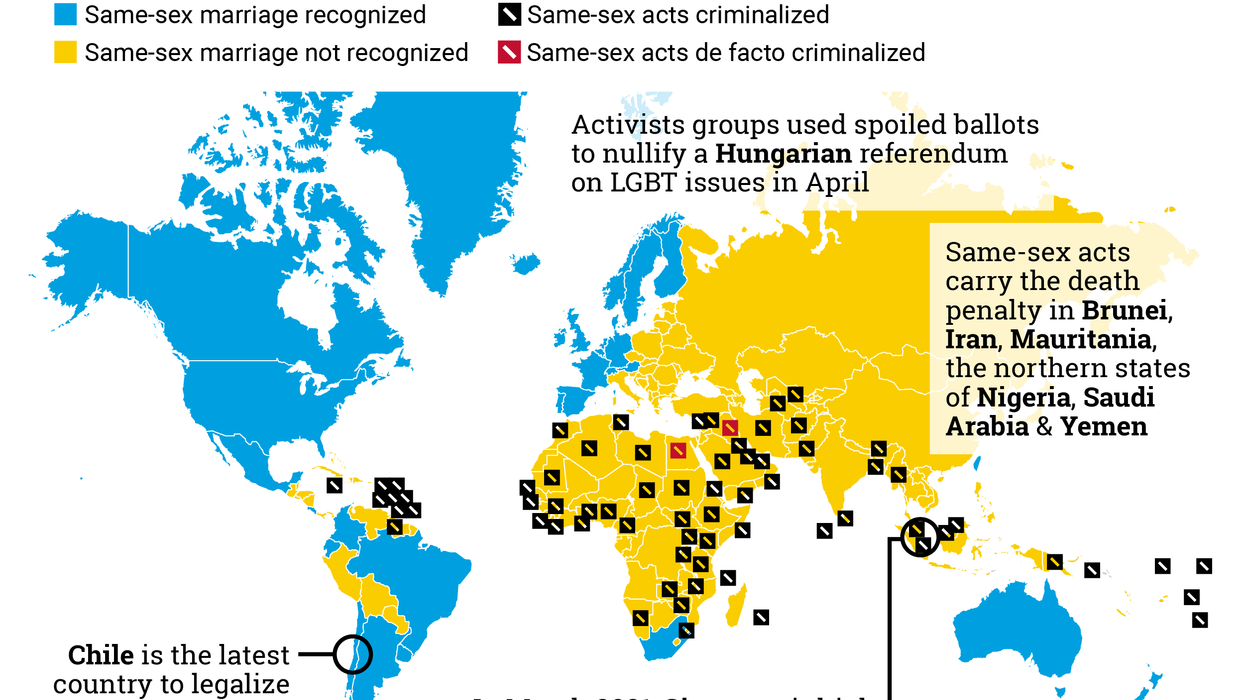Science & Tech
Hard Numbers: Uganda charges gay men, EU Ukraine aid hiccup, Amhara death toll, brain food in Australia
Two Ugandan men could face the death penalty after being charged with “aggravated homosexuality” under the country’s new anti-gay law. The legislation calls for life imprisonment for same-sex intercourse and the death penalty for “aggravated” cases, which involve sex with people who are underage, disabled, or elderly.
Aug 29, 2023
